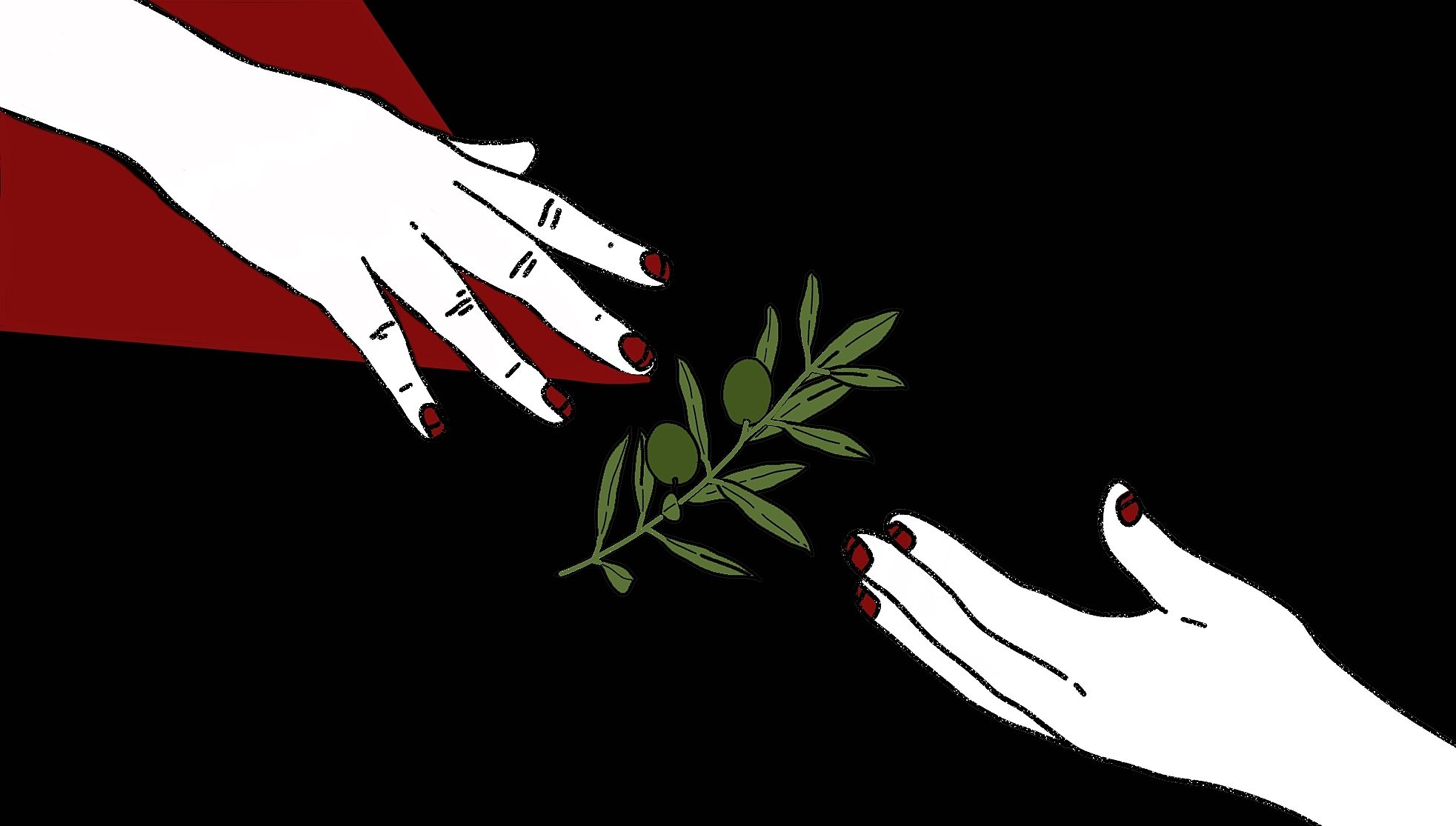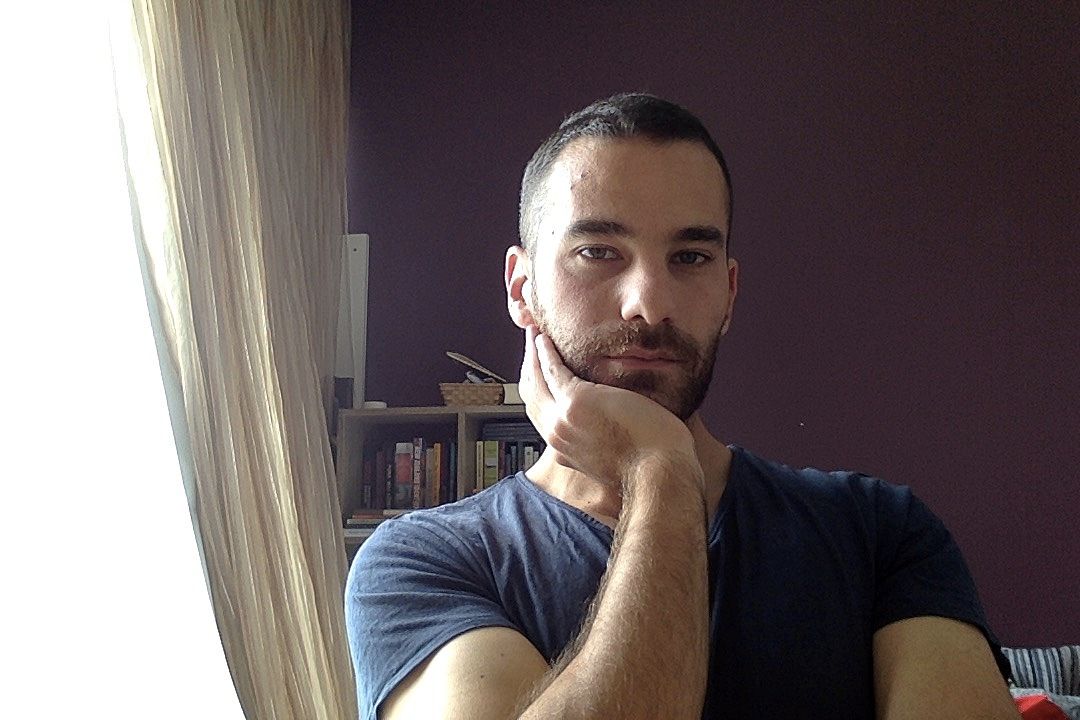Vanished Dreams and Precious Lives
All I want for Eid is international solidarity with Palestine.
The end of Ramadan is here and the families of 62 children, women, and men will spend Eid mourning loved ones killed by bombs from Israeli airstrikes on Gaza. As the Palestinian lawyer and legal scholar, Noura Erakat, put it: these deaths are not numbers but vanished dreams and precious lives.
In recent days, Palestinians in Gaza and the occupied territories have faced concerted, organised, and state-sanctioned violence on a scale we haven’t seen since 2014 when the Israeli military launched the infamous Operation Protective Edge. Thousands of Palestinians were murdered, and today Gaza is still gripped by the devastation caused during the assault. The army chief, Benny Gantz, who led the attack would later run an electoral campaign in 2019 featuring a video boasting about his military escapades, with footage of the wreckage appearing under the caption ‘parts of Gaza were sent back to the stone age’.
Gantz is now serving as Defence Minister for Benjamin Netanyahu’s notoriously far-right and unrepentantly chauvinistic government. After the destruction of a 13-storey residential building last night, Gantz vowed that more targets are in the pipeline. Troops have been mobilised around Gaza, and elsewhere border police have been relocated to other places in the occupied territories to punish Palestinians engaged in peaceful protest. In the meantime, Israeli mobs have been filmed roaming the cities of Akka, Haifa, and Yafa chanting ‘Death to Arabs’. In Bat Yam, one of these mobs attempted to lynch a Palestinian man while Israeli police looked on.
What we’re seeing is a coordinated and state-led program of repression and ethnic cleansing
What we’re seeing is a coordinated and state-led program of repression and ethnic cleansing. You wouldn’t get this sense though were you to look online. Mainstream news outlets, including in New Zealand, have been selective in their reporting, if not outright silent, on the events that have taken place since Friday, when Israeli police and security forces attacked Palestinians in Sheikh Jarrah. This neighbourhood sits in East Jerusalem, whose Palestinian residents exist in juridical limbo, and made subject to the whims of Israeli apartheid and settler expansionism. Since 2009, four families in Sheikh Jarrah have been waging a long and costly legal battle to protect their homes. Protests erupted when Israel’s high court ruled in favour of their forced expulsion and the transfer of their properties to Jewish settlers. This is part of a concerted campaign by Israel’s government and Jerusalem’s municipal authorities to expand Jewish presence in the city and restrict and diminish the number of Palestinians living there. Only last year, eighty-seven Palestinians were dispossessed of their homes in the Silwan neighbourhood.
The protests that rocked East Jerusalem and other places, as a result, were met by sacrilegious brutality from Israeli security forces, who injured 700 people over the weekend, and ransacked the al-Aqsa mosque compound, where Palestinians were gathered in prayer for the last and most sacred nights of the holy month of Ramadan. Here in Aotearoa, I would have expected there to be more reflective attention paid to incidents involving violent and heavily armed men desecrating and bloodletting in spaces of worship. Not so, it appears. Since Monday, mainstream reporting has focused on Hamas’s rocket fire and parroted tired lines about ‘clashes’, ‘conflict’, and the ‘escalation’ of violence.
This stubborn erasure of the genocidal realities of Israeli Apartheid and illegal military occupation seems permissible only in the context of Palestine. Even in relation to the horrendous state-led campaign against the Muslim Uyghur communities of Xinjiang, the New Zealand government seems increasingly amenable to calling it what it is. Where Palestinians are concerned, on the other hand, the official consensus remains that of quietude, or bafflingly shallow statements, which amount to the same thing. Nanaia Mahuta’s expression of concern and call for de-escalation from both sides was exemplary in this regard.
At this point, the silence of the New Zealand government amounts to complicity on all these counts
To say nothing of what Palestinians themselves have been urging for decades, the current consensus in legal and humanitarian discourses has been very clear. Recently, an extensive Human Rights Watch report insisted that Israel can only be described as an Apartheid State, and the spokesperson for the United Nations human rights office insisted that Israel’s actions in Sheikh Jarrah itself are potentially a war crime. At this point, the silence of the New Zealand government amounts to complicity on all these counts.
The government should take immediate and concrete steps in pressuring Israel to cease its onslaught. It should unequivocally condemn Israel’s actions in East Jerusalem, in the West Bank, and especially in Gaza. It should immediately sever diplomatic ties with Israel’s government. It should call for an investigation into Israeli war crimes by the International Criminal Court. It should make a commitment to the movement for Boycott, Divestment, and Sanctions.
Only a few years ago, making the above suggestions as immediate and concrete steps would have been a laughable prospect. However, times have changed, and for many young people here and across the world these have become the absolute bare minimum, and a free Palestine has become an increasingly non-negotiable political demand. This is obvious for anyone paying attention to social media, which has become the preferred (and perhaps only) destination for many seeking to engage with the issue in a more honest and substantive way and to amplify the voices of Palestinians all over the globe. That Instagram, Twitter, and Facebook have come under heavy criticism for trying to police and surveil the content being shared is telling. International solidarity with Palestinians is more robust than ever, and the government would do well to take heed of it.
Feature image: Huriana Kopeke-Te Aho.

